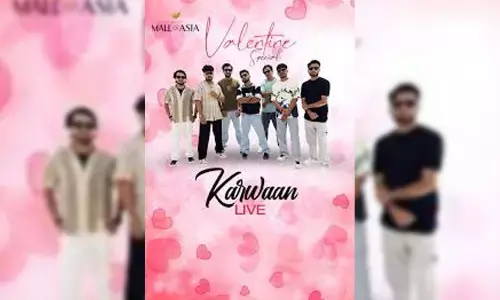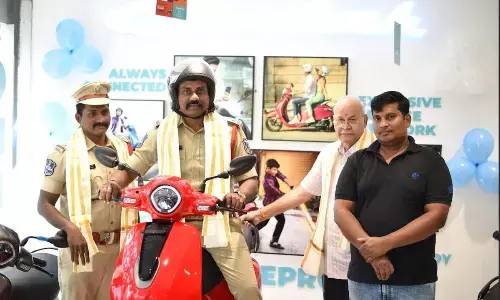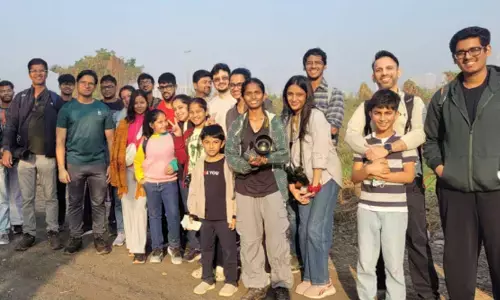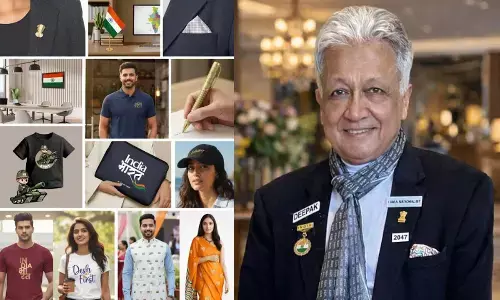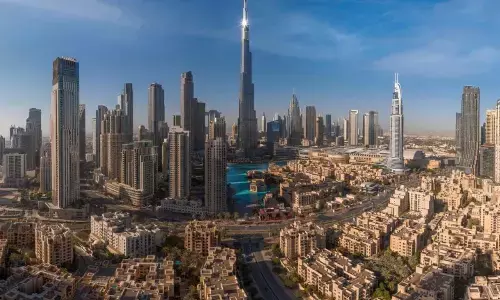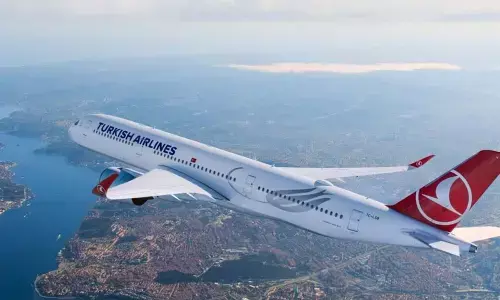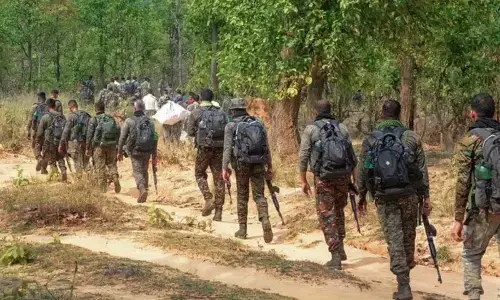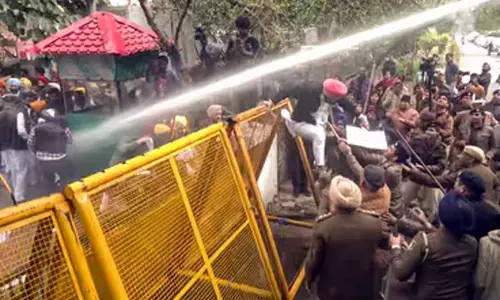BJP poll plank to polarise or lose voters
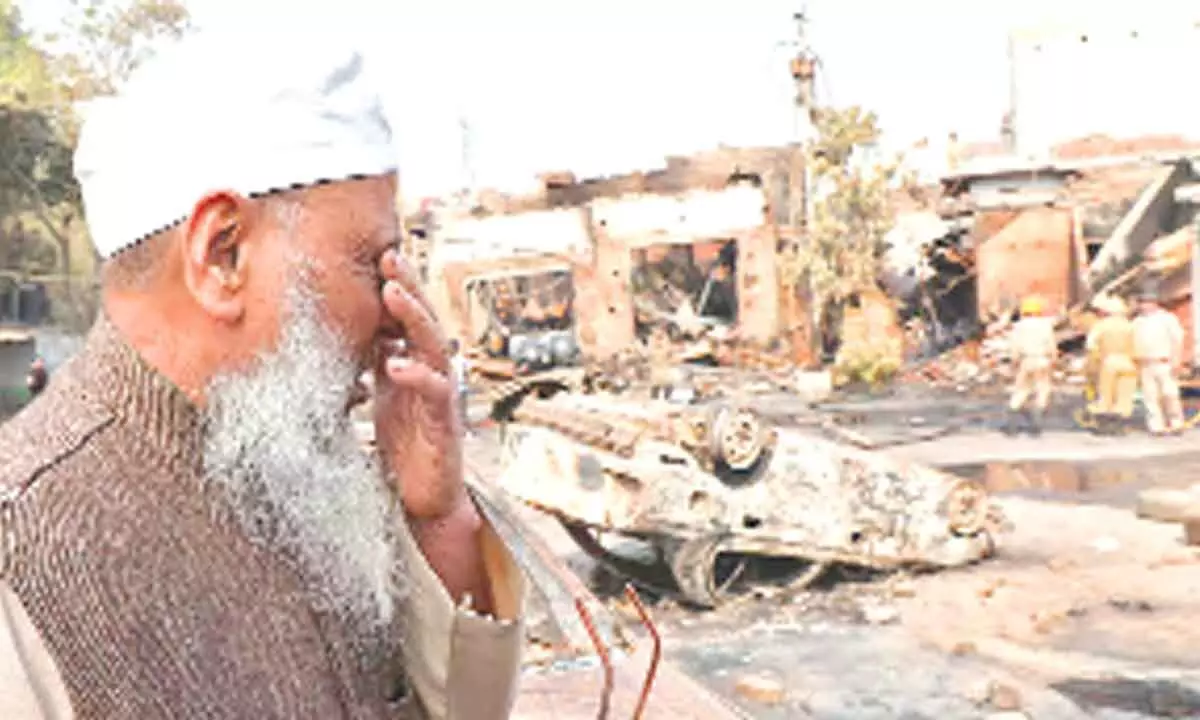
Yet again, Telangana has become the centre of focus for major political parties in the country.
Yet again, Telangana has become the centre of focus for major political parties in the country. Interestingly, this time it is the ruling party of India which seems to be in full swing to capture power in Telangana State in the next elections. Time and again, the president of BJP Telangana unit has warned TRS of ousting it and coming to power.
Interestingly, addressing the crowd while concluding his padyatra in Rangareddy district, Bandi Sanjay thundered "'KCR's government is most corrupt and hopeless I have seen in 50 years of public life." and added that minority card that KCR uses to sway the public will be trashed if BJP comes to power. He blatantly announced that minority reservations will be abolished to give higher quota to BCs, SCs and STs. This bold statement can be taken as a common one from present-day opposition party but it throws up the question on the role of minority reservations in the State.
The simple dictionary definition of reservation is that any specialized provision given to a particular person to uplift him/her. In the Indian Constitution, reservation is primarily given to all 4 groups: Scheduled Castes, Scheduled Tribes, Other Backward Classes and Economically Weaker Sections, abbreviated as SCs, STs, OBCs and EWS respectively.
Oeiginally, only SC and ST communities were eligible for reservation. However, in 1990, reservation was extended to OBCs after the implementation of the Mandal Commission Report. In 2019, reservation was extended to Economically Weaker Sections within the General Category. This practice of reservation was in vogue right from the pre-Independence days and it was to end when all the sections of people were on par with one another. However, the quota system continued beyond 1950 as the income inequality was evident.
The Supreme Court of India ruled in 1992 that reservations could not exceed 50 percent and anything above this, it judged, would violate equal access as guaranteed by the Constitution. It thus put a cap on reservations. However, as per the recent amendment of the Constitution for EWS quota, total reservation exceeds 50 per cent. Also, there are State laws that exceed this 50 per cent limit and these are under litigation in the Supreme Court. For instance, Tamil Nadu has 69 percent caste-based reservation. The religious minority (Muslim or Christian) educational institutes also have 50 per cent reservation for Muslim or Christian students.
The Central government has listed a number of Muslim communities as backward, making them eligible for reservation within the 27 percent OBC quota. Which is why the minority reservations also exist in India.
Religious minorities are determined, based on their population in a State. Religious minorities constitute 14.13 per cent of the total population of Telangana. Muslims, Christians, Jains, Sikhs, Buddhists and Parsis are considered as religious minorities in the State.
Minority reservations in Telangana
Out of 50 percent of reservations in Telangana, 29 per cent are earmarked for BCs, 15 per cent for SCs and 6 per cent for STs. Backward sections of Muslims are included in BC E category and the quota is merely four per cent which was given during the Congress rule in erstwhile Andhra Pradesh and it was provided without curtailing the quota of other communities.
It was way back in 2017 that TRS government unanimously passed a bill to increase reservations for backward sections among Muslims to 12 percent, taking the total quota in the State to over 50 percent. The quota percentage was to reach 58 percent with this. However, the bill was stalled by the Central Government.
As per 2011 Census, the total population of the State was 3,51,93,978, including 2,99,48,451 Hindus, 44,64,699 Muslims, 4,47,124 Christians, 30,340 Sikhs, 26,690 Jains and 2,76,674 others. This shows clearly the minority status of Muslims in Telangana. Considering this, Telangana Chief Minister K Chandrasekhar Rao always pressed for 12 per cent reservations to Muslims in the State.
GHMC has the largest Muslim population. Moreover, Muslims are divided into two categories —— the OCs (Open Category) and BCs category. The working population of Muslims is mainly employed in petty businesses and occupations which is why this minority community is economically weak. Rightly, Muslims are entitled to reservations under BC category or the economically weaker sections category.
Minorities in Telangana play a very important role in State politics. Muslims, being at the top of the minority pyramid, have a special significance. It is to be noted that TRS has got highest percent of votes from Muslim community in every election since 2014. However, the Old City, with its 7 assembly seats now, has been AIMIM bastion since decades. So, it is out of question if the BJP can take on AIMIM in its strong holds. Surprisingly, in the GHMC area with 24 assembly seats, BJP has a single MLA.
And now, in its bid to dislodge incumbent party in power (TRS) in the next elections, does not BJP need Muslim minority votes in the region and elsewhere? Any Hindutva announcements like scrapping the minority quotas will invite outrage reaction from Muslims and BJP may stand to lose. By polarising voters on religious lines, BJP may actually cut down its votes and that should be a worrying concern for a party trying to come to power.
As people assert their faith in KCR again and again by bringing back TRS to power, it is pretty evident that the masses like TRS and its rule. They look at TRS as the party which paved the way for Telangana State though bifurcation of united Andhra Pradesh. In this scenario, BJP and Congress—the main parties in the race for power-- cannot hope to breach TRS fortress. Telugu Desam and the left parties have lost their base and AAP and BSP are virtually non-existent. From bagging a lone seat in Assembly polls in 2018, BJP dramatically won four Lok Sabha seats in 2019. It secured two assembly seats in by-elections later. But this is not enough to lay claims to power.
What is the ground reality?
BJP is slowly and steadily making inroads in Telangana, say some observers. Bandi Sanjay's ferocious campaigning style and his ability to deliver and mobilise party workers from lower to top level have been among the major reasons why he was handpicked by Amit Shah to re-invent the party in Telangana.
The BJP's social engineering exercise with the OBC community, which forms 50 per cent of Telangana's population, has been gaining momentum on the ground. Thus, rather than working on a negative plank of anti-minority-ism, the BJP state unit should focus on building up trust among all sections of voters, including Muslims and Christians, to realise its goal of gaining power in Telangana.



